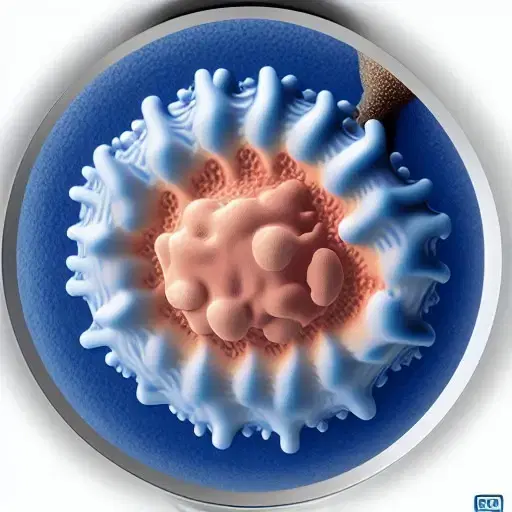
Anal Polyps and Skin Tags
Understanding Anal Polyps and Skin tags.
Anal polyps and skin tags are common gastrointestinal conditions that require specialized care. At Bangalore Gastro Centre, we are committed to providing comprehensive services to help you address these concerns.
About Anal Polyps.
Anal polyps are growths that occur in the lining of the rectum or anus. While often benign, they can cause discomfort and bleeding. Early detection and intervention are essential for effective management.
About Skin tags.
Skin tags, also known as anal skin tags, are small, benign growths of skin that can develop around the anal area. While generally harmless, they can be bothersome and may require medical attention.
Causes.
- Genetic Conditions:
Anal polyps and skin tags can be influenced by genetic factors. Individuals with a family history of these conditions may have a higher predisposition.
- Inflammatory Intestinal Diseases:
Conditions like inflammatory bowel disease (IBD), including Crohn’s disease and ulcerative colitis, can contribute to the development of anal polyps.
- Lifestyle Factors:
- Alcohol Consumption:
- Excessive alcohol intake has been identified as a potential factor contributing to the formation of anal polyps.
- Obesity:
- Being overweight or obese is associated with an increased risk of developing gastrointestinal issues, including anal polyps.
Understanding these causes is crucial for individuals to recognize potential risk factors in their own lives, facilitating proactive measures for prevention and early intervention.

Symptoms of Anal Polyps and Skin tags.
- Rectal bleeding
- Discomfort or pain during bowel movements
- Itching or irritation around the anal area
- Presence of small, fleshy growths
How Bangalore Gastro Centre Can Help.
Expert Diagnosis.
Our hospital is equipped with advanced diagnostic tools to accurately identify and assess anal polyps and skin tags. Early diagnosis is crucial for effective treatment.
Personalized Treatment Plans.
Our experienced team of gastroenterologists will create personalized treatment plans tailored to your specific needs. Our goal is to provide effective solutions and improve your overall gastrointestinal health.
Compassionate Support.
At Bangalore Gastro Centre, we understand the sensitivity of these conditions. Our healthcare professionals are dedicated to offering compassionate care and support throughout your treatment journey.
Results.
Anal polyps, although they may not manifest symptoms in every case, can be identified through routine checkups. This underscores the significance of regular examinations in detecting these growths early on. Early identification allows for timely intervention and emphasizes the crucial role of maintaining a healthy lifestyle. Regular checkups become a proactive measure in managing gastrointestinal health, even in the absence of apparent symptoms.
Untreated Complications.
Untreated complications may include increased swelling in the anal area, bowel obstruction, increased pain while passing stools, bleeding from the anus, difficulty in walking or sitting, increased risk of infection, high fever, chills, and the potential for some polyps becoming cancerous.
Prevention.
Preventive measures include limiting caffeine intake, maintaining good hygiene, regular exercise, and consuming fruits and vegetables high in vitamin D.
Meet Our Expert Gastroenterologists.
Our team of skilled gastroenterologists is ready to provide specialized care for anal polyps and skin tags. With extensive experience and a commitment to excellence, our experts ensure that you receive the highest quality care with a personalized touch.
Contact Information.
For appointments and inquiries, please reach out to us:
Visit our website www.bangaloregastrocentre.com for more information about our services and to schedule a consultation.
Take the first step towards gastrointestinal health with Bangalore Gastro Centre – Your Trusted Partner.

